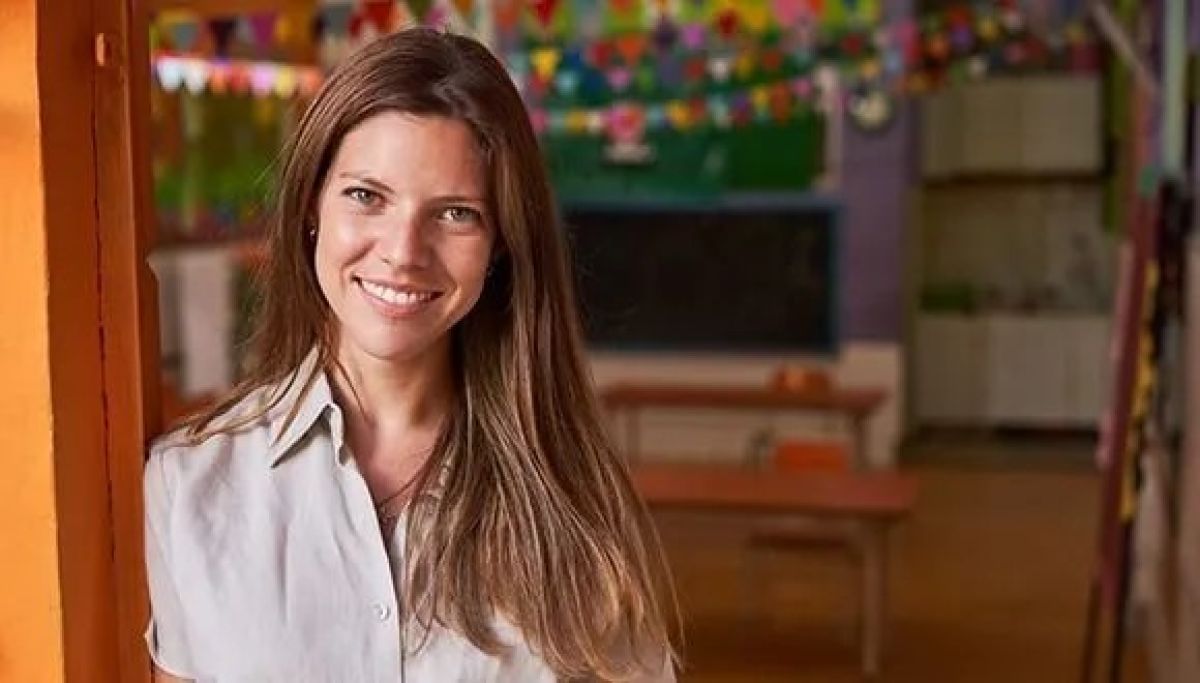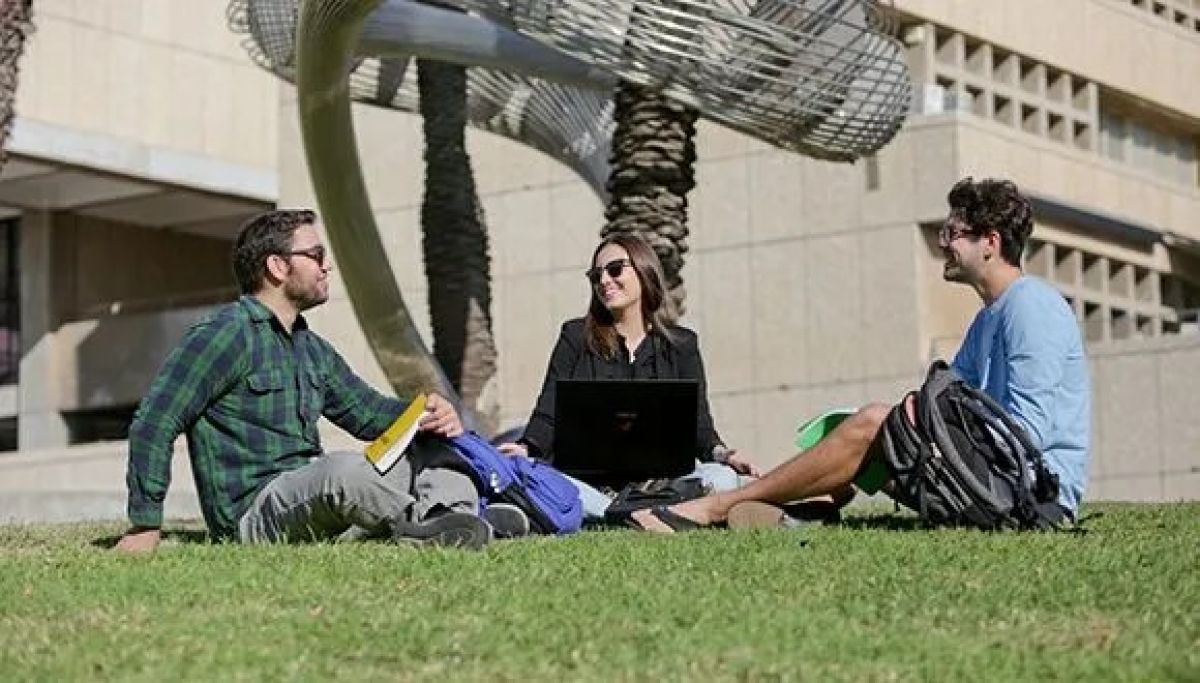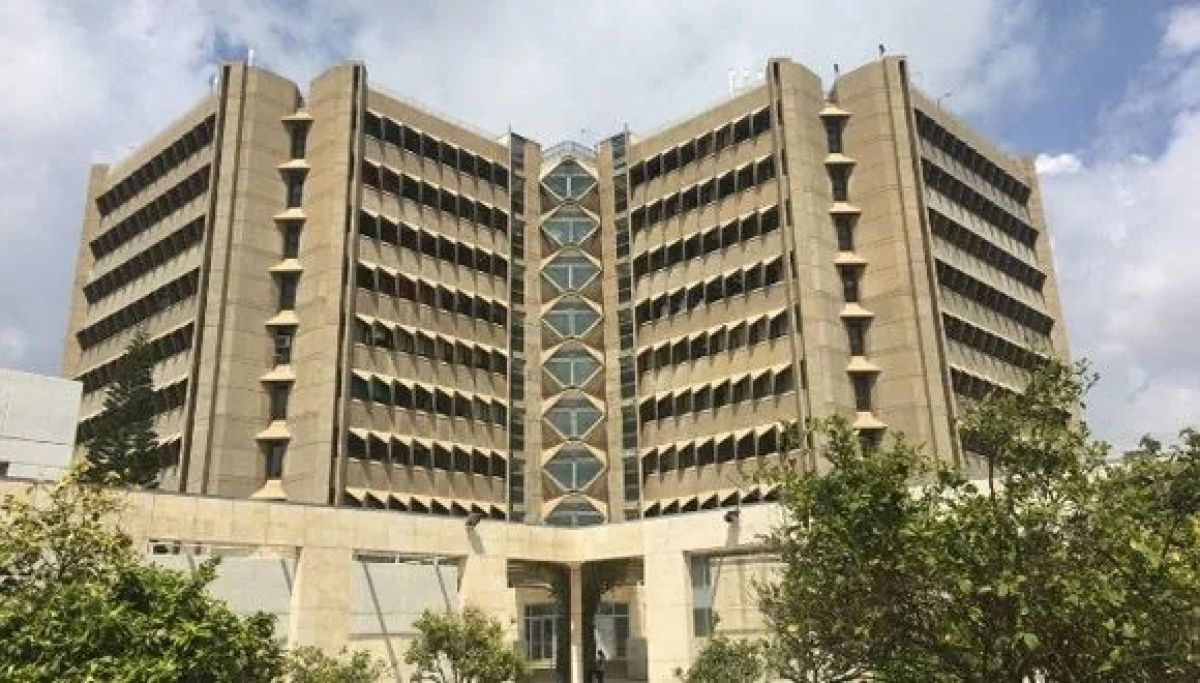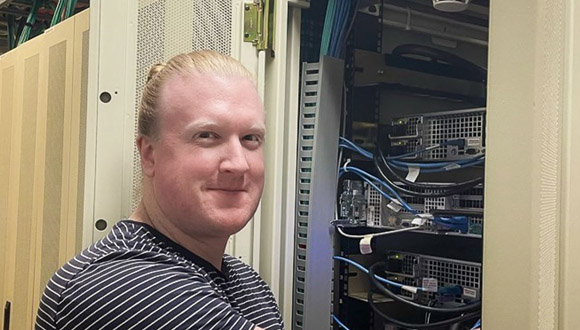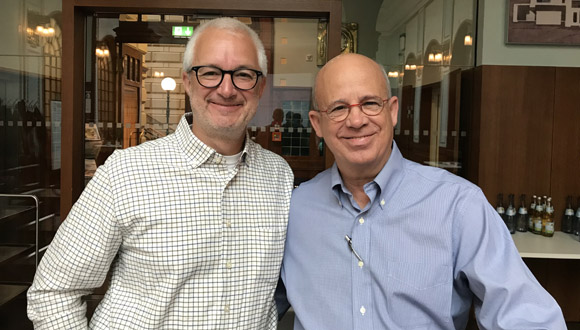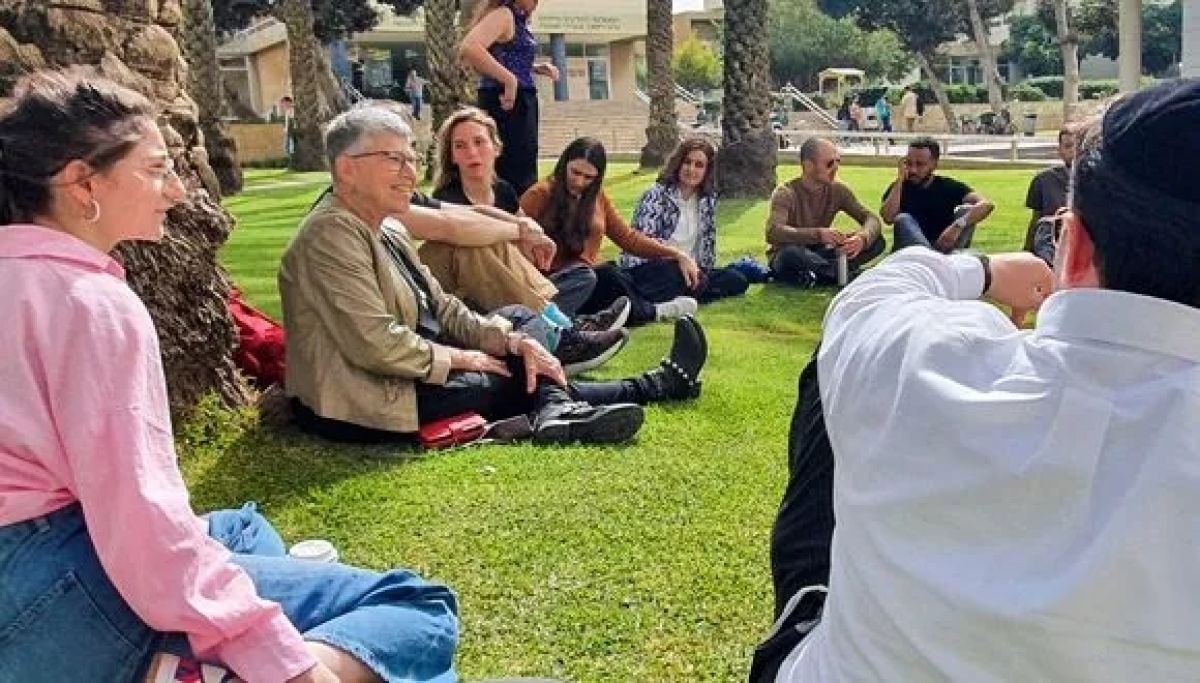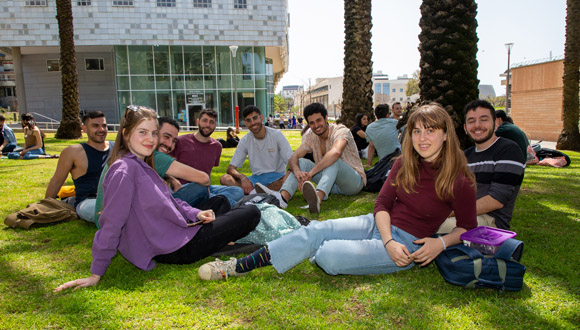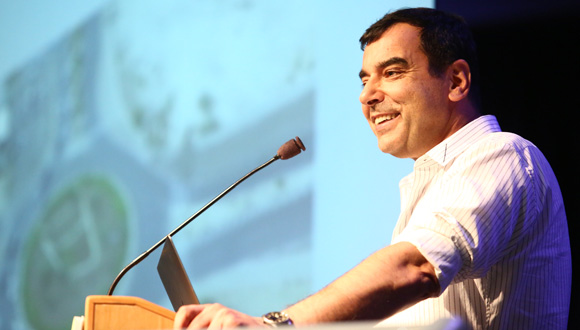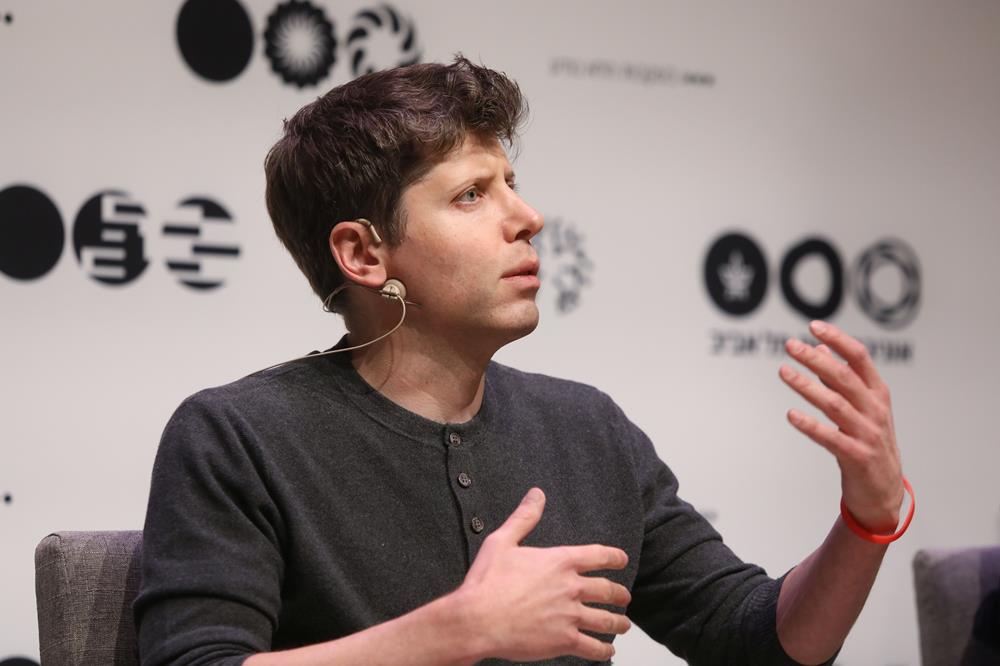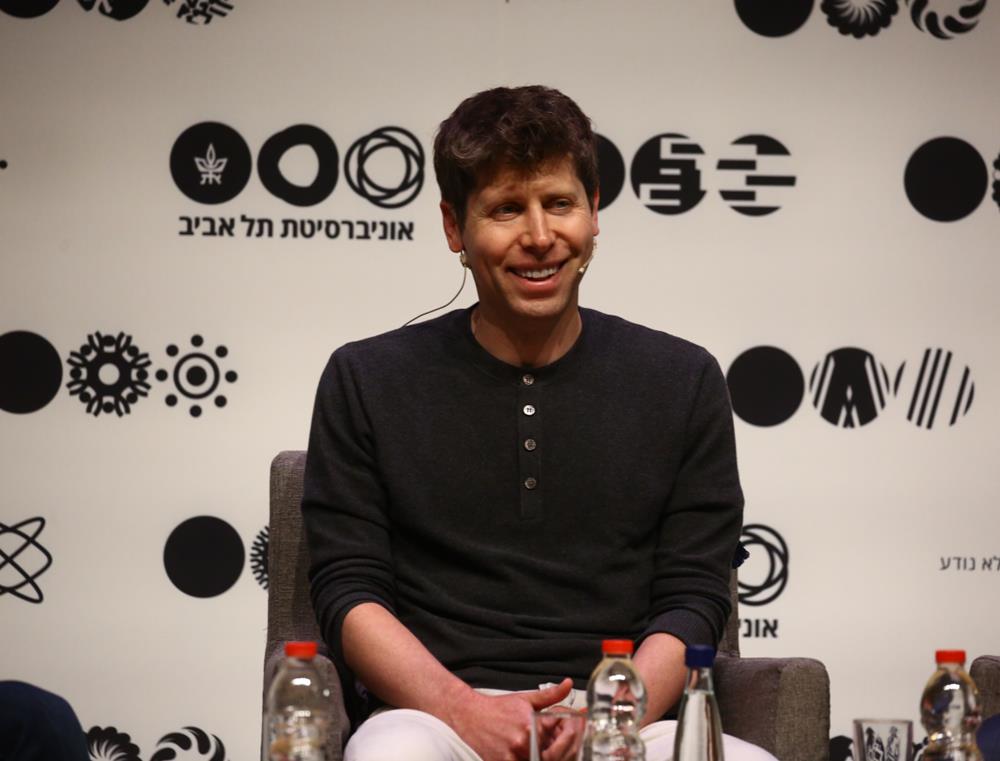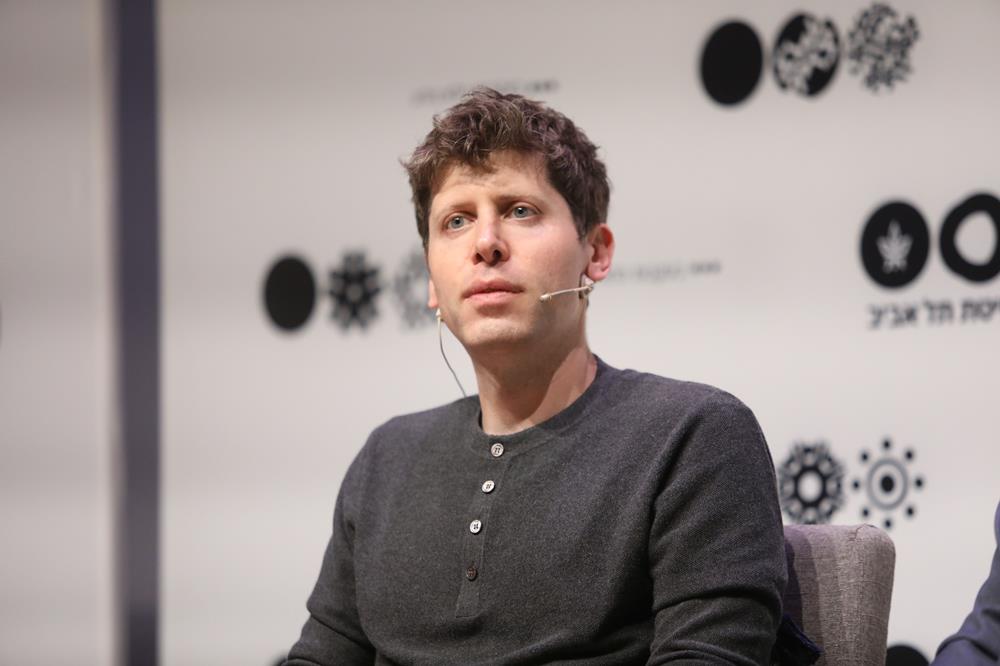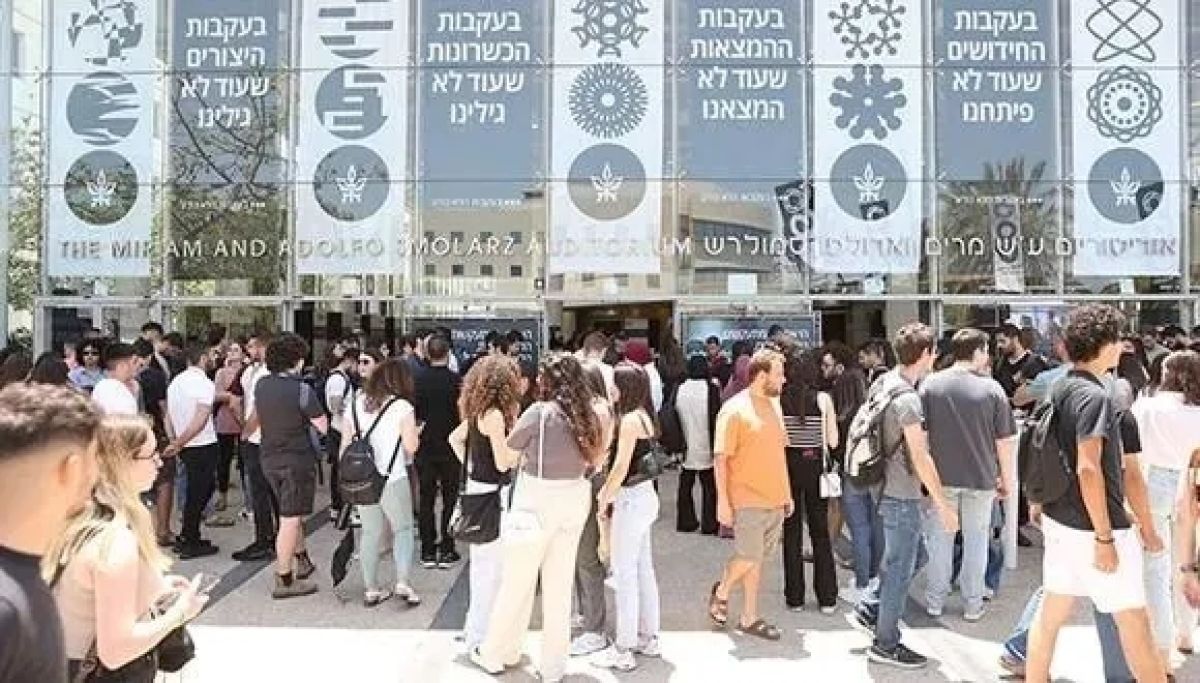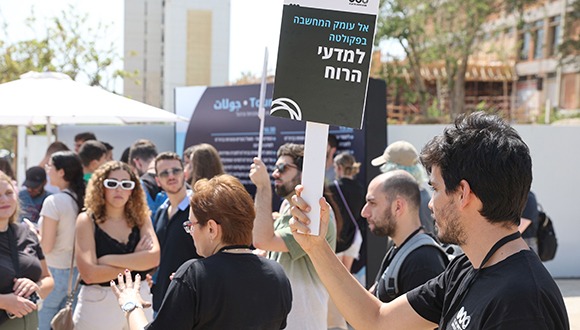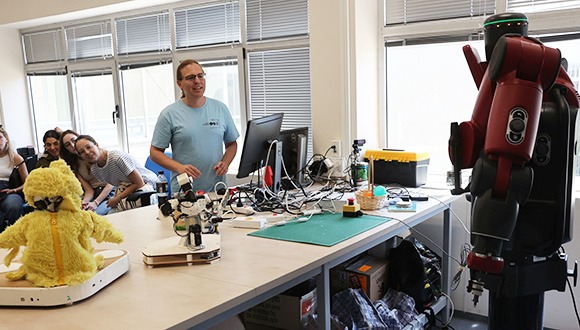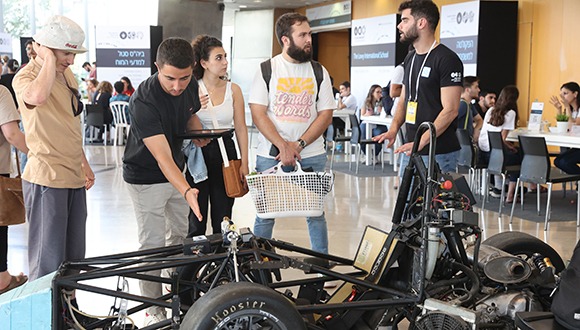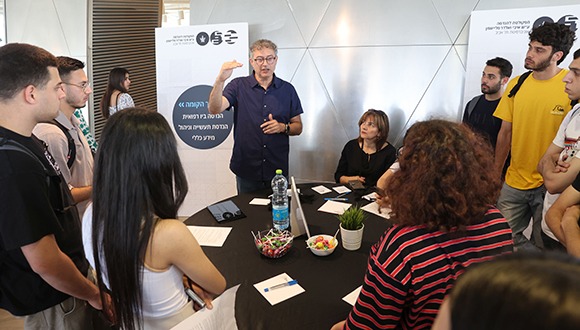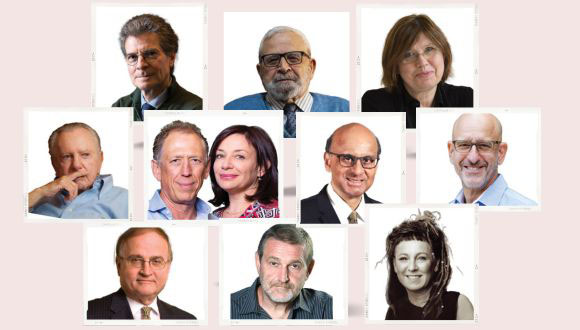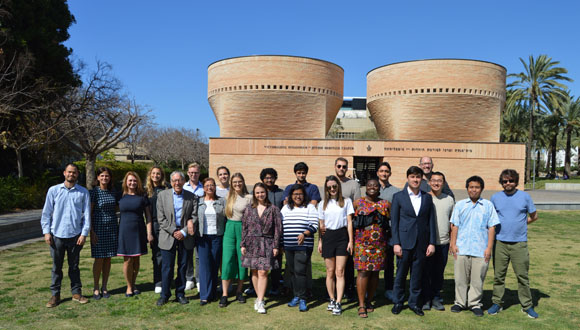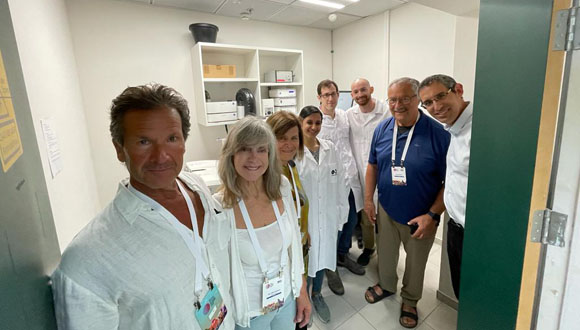Tel Aviv University Introduces Tuition-Free Teaching Certificate Program
The University is taking a proactive and socially responsible approach to address country-wide decline in aspiring teachers.
Tel Aviv University is dedicated to enhancing Israel’s education system and addressing the critical shortage of teachers. To tackle this challenge, the School of Education has launched an innovative program that allows students to seamlessly integrate their existing studies with a teaching certificate program, completely free of charge. This groundbreaking initiative presents students with a unique opportunity to pursue their passions while actively contributing to the future of education.
TAU’s Unique Advantage
“In response to the concerning decrease in the number of aspiring teachers across Israel, Tel Aviv University has taken a proactive and socially responsible approach. Driven by the vision of empowering students to pursue teaching alongside their academic degrees, the University has introduced a significant measure – full exemption from tuition fees for those undergraduate and graduate students who wish to pursue a teaching certificate,” says Dr. Yehuda Jacobson, Head of the Teaching Training Unit at the School of Education.
“Since the pilot program was announced, we have been thrilled to witness a substantial surge in the demand for teaching studies.” – Dr. Yehuda Jacobson
“Since the pilot program was announced, we have been thrilled to witness a substantial surge in the demand for teaching studies,” shares Dr. Jacobson. He further highlights Tel Aviv University’s unique advantage as the most diverse university in Israel: “With a blend of science, engineering, humanities and arts programs, the diversity here at Tel Aviv University presents an exceptional opportunity to train high-quality teachers in various fields that currently face significant shortages. Operating as a pilot program for the next two years, its success has the potential to pave the way for a permanent and impactful initiative in the future.”
Pick Your Track!
The program comprises two distinct training tracks, catering to both humanities and social sciences, as well as mathematics and sciences. By uniting students with esteemed researchers and lecturers who possess extensive expertise in the field of education, the program offers a unique blend of advanced research skills and practical knowledge. Participants will acquire innovative teaching approaches, supplemented by substantial hands-on experience in the field. Empowered by this comprehensive training, they will be well-equipped to initiate transformative change among the future generation.
“The diversity here at Tel Aviv University presents an exceptional opportunity to train high-quality teachers in various fields that currently face significant shortages.” – Dr. Yehuda Jacobson
The program welcomes both undergraduate students, beginning from their second academic year, and graduate students to participate. The flexibility of the program allows students to pursue their teaching certificate studies concurrently with their degree studies, spreading the coursework over a period of one or two years. This inclusive approach ensures that students can seamlessly integrate their educational journey, maximizing their potential and paving the way for a successful career.
To explore the teaching certificate options in the fields of humanities, social sciences, languages, and arts, feel free to reach out to Eden Yeshua at edeny@tauex.tau.ac.il. For further information regarding teaching certificates in sciences, please don’t hesitate to contact Chen Levi at chenlevi@tauex.tau.ac.il.

